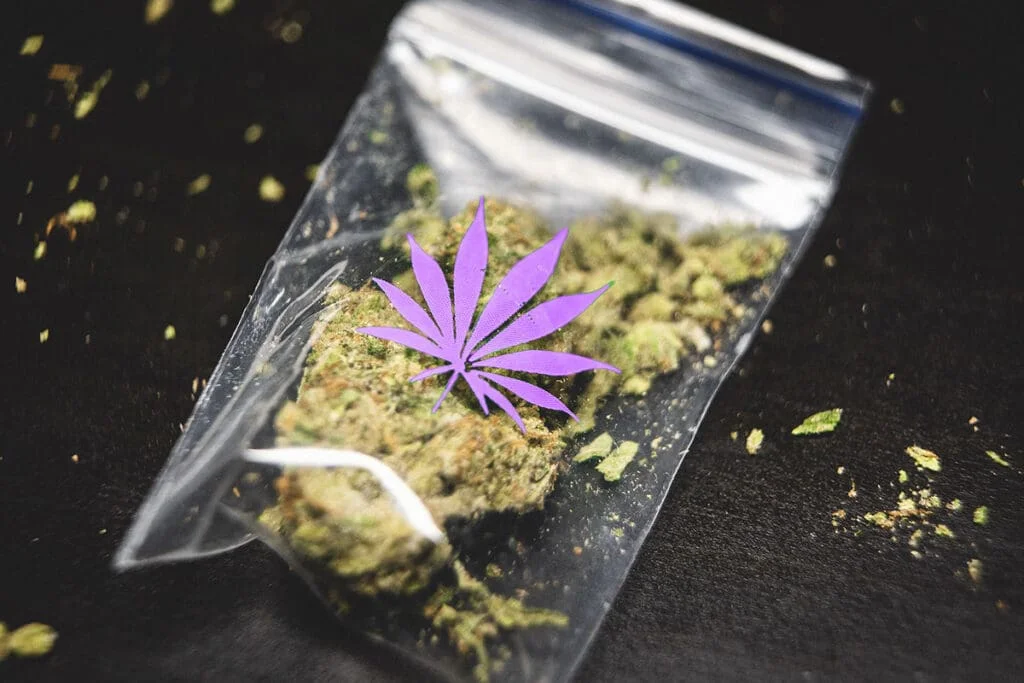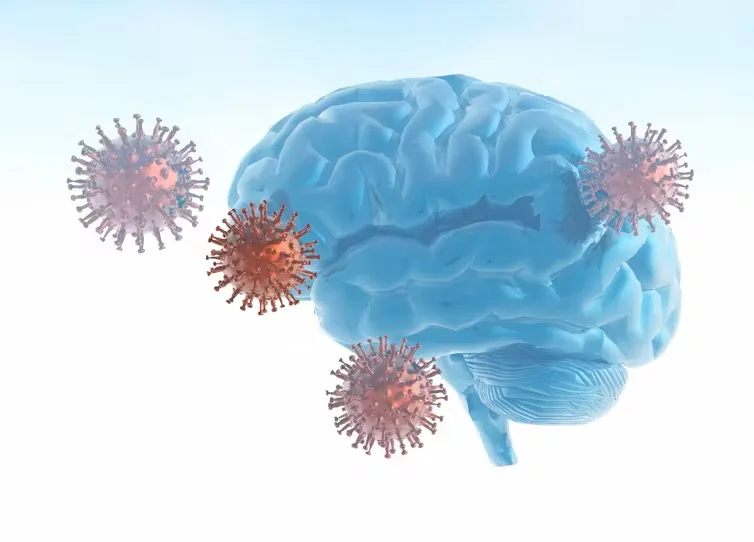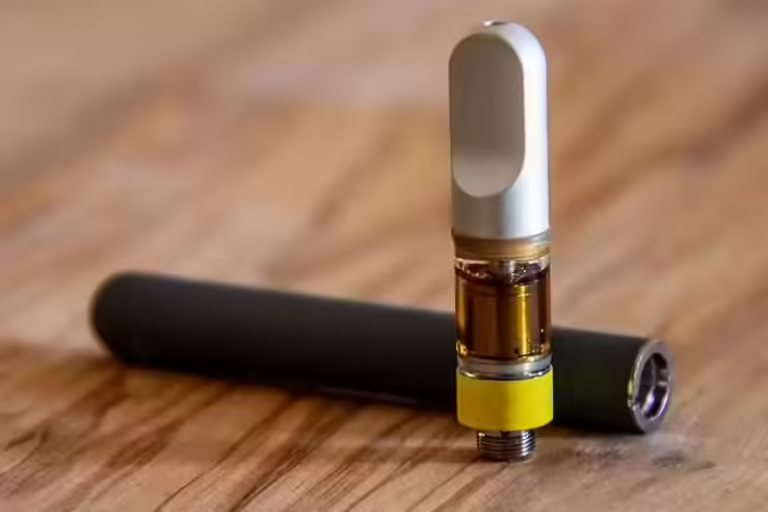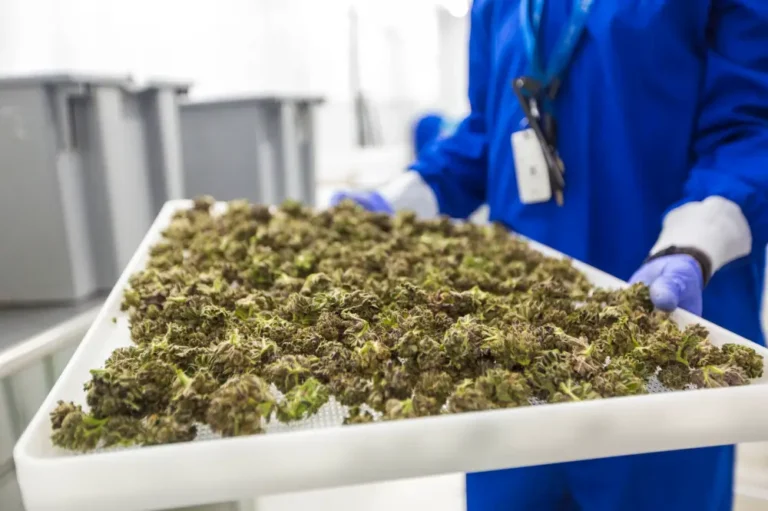Delta 9 Not Working
Delta-9-tetrahydrocannabinol (Delta 9 THC) is the primary psychoactive ingredient in cannabis, renowned for delivering the euphoric high that many users seek. However, some individuals might find that Delta 9 is no longer as effective as it once was, which can be both frustrating and confusing, particularly for those who rely on its therapeutic benefits. Let’s examine why Delta 9 may not be delivering the same results and explore potential solutions to this issue.
A common reason for reduced effectiveness of Delta 9 is the development of tolerance. Frequent use of Delta 9 THC can cause the body to adapt to its effects, necessitating higher doses to achieve the same level of relief or euphoria. This occurs because Delta 9 THC interacts with cannabinoid receptors in the brain, especially the CB1 receptors. Over time, these receptors can become less responsive or downregulated, leading to diminished effects of the compound.
If you notice that Delta 9 isn’t having the same effect as before, it might be time to take a tolerance break. Also known as a “T-break,” this involves stepping away from cannabis for a while to allow your cannabinoid receptors to reset and become more sensitive again. The duration of a tolerance break can vary based on individual usage, but even a short pause of a few days to a week can lead to noticeable improvements for some users.
Another aspect to consider is how you’re consuming Delta 9 THC. The bioavailability of THC—the amount that actually enters your bloodstream—can differ greatly depending on the consumption method.

Smoking or vaping Delta 9 THC typically leads to quick effects, but its bioavailability is often lower than that of edibles, which are processed through the digestive system and liver before entering the bloodstream. If you’re finding that Delta 9 isn’t having the desired impact, exploring different consumption methods might help you achieve better results.
The strain and cannabinoid profile of your cannabis can significantly affect its effectiveness. Cannabis contains a complex mix of cannabinoids and terpenes that can alter its effects. If Delta 9 doesn’t seem to be working, experimenting with different strains or products with varying cannabinoid profiles might be beneficial. For example, strains with higher levels of cannabidiol (CBD) or other minor cannabinoids might enhance the overall experience and effectiveness of Delta 9 THC.
Diet and overall health also play a role in how Delta 9 THC affects you. Factors like hydration, nutrition, and general physical condition can influence how your body processes cannabinoids. Staying well-hydrated, maintaining a balanced diet, and taking care of your overall health can improve how your body responds to Delta 9 THC.
For those using Delta 9 THC for medical purposes, consulting a healthcare professional is important if you find it isn’t working as expected. There could be underlying medical conditions or interactions with other medications affecting its efficacy. A healthcare professional can offer advice on adjusting dosages, exploring alternative treatments, or incorporating additional therapies tailored to your needs.
If Delta 9 THC isn’t delivering the desired results, considering alternative cannabinoids might be helpful. Cannabinoids like Delta 8 THC, HHC, or CBD offer different effects and could be more suitable depending on your individual response. For instance, Delta 8 THC is known for producing a milder high compared to Delta 9, which some users may prefer. HHC (hexahydrocannabinol) is another emerging cannabinoid with potential psychoactive effects that might serve as a viable alternative.
If Delta 9 THC isn’t as effective as it used to be, several factors could be at play, including tolerance, consumption methods, strain choice, and overall health. By understanding and adjusting these factors, you can enhance your cannabis experience and continue to enjoy its therapeutic and recreational benefits. Always seek guidance from a healthcare professional if you have concerns about the effectiveness of your cannabis use.






